Notable absences at The Hague: President Zelensky and the trust problem from NATO
The fact that Ukrainian President Volodymyr Zelensky was not invited to the NATO summit scheduled for June 25 in The Hague is being seen as a clear setback in relations between Kiev and its Western partners. This is the first time since 2022 that Mr. Zelensky has not been present – either virtually or in person – at such a high-level NATO event.
According to Western media sources, the decision was largely driven by caution on the part of the White House. Given that President Donald Trump has been skeptical of NATO and has often criticized its members for failing to provide security for themselves, Zelensky’s appearance risks becoming a point of contention. NATO members appear to agree that a formal invitation could increase tensions within the alliance and expose unresolved strategic differences.
While Kiev may still be represented at ministerial level and participate in public events on the sidelines of the summit, President Zelensky's absence from a formal session of the NATO-Ukraine Council has shown the current limits of relations between the two sides.
More importantly, this absence comes as a growing number of NATO member states are expressing caution, even open opposition, to Ukraine’s accession to the alliance in the near future. According to Izvestia, Polish Defense Minister Władysław Kosiniak-Kamysz recently stated bluntly that Ukraine will not receive an invitation to join NATO in the coming years. Italian Prime Minister Giorgia Meloni has also expressed her disapproval of the prospect of Kiev’s full membership. In addition, similar signals are being sent from a number of other member states, albeit on an informal level.
NATO’s choice to downgrade Ukraine’s representation while avoiding specific commitments on membership reflects a complex political reality: while the West continues to support Kiev militarily and financially, the extent of the two sides’ long-term strategic engagement is becoming a matter of internal debate, and President Zelensky, once a symbol of unity, is now a sensitive factor in those calculations.
EU membership: Ukraine's dream amid political turmoil
Amid the ongoing conflict with Russia, Ukraine’s bid to join the EU is facing mixed reactions from its own member states. While some countries, such as Estonia, Poland, Portugal, Sweden, the Netherlands and Spain, have expressed strong support for Kiev’s membership, there is also a wave of skepticism and opposition from other countries, especially in Germany, Bulgaria and the Czech Republic.
The prevailing concerns in European public opinion revolve around two main factors: Ukraine’s security and its ability to truly integrate. For many in Germany, Italy, Greece and Spain, Ukraine’s entry into the EU while at war is seen as a geopolitical risk that could drag the bloc into direct confrontation with Russia. As a result, they oppose the increased defense spending that would be a near-obligatory condition for EU expansion into a country at war.
In addition to security concerns, another internal problem continues to hold Kiev back: corruption. According to surveys in Germany, Bulgaria, and the Czech Republic, a majority of people believe that Ukraine will only be able to join the EU in more than five years, if not ever. They believe that the current level of corruption in Ukraine is too serious, and that the reforms needed to meet EU standards will be long and require sustained political effort from the Kiev government—something that is unlikely to be possible in wartime conditions.
The reticence of some EU member states is not only a reflection of internal public opinion, but also shows the cautiousness of the bloc's expansion strategy. The admission of a country in a state of conflict requires the bloc to be ready to shoulder the responsibility for security, reconstruction and economic stability of one of the largest countries in Eastern Europe.
With these obstacles, Ukraine’s path to EU membership remains fraught with difficulties, despite the political support of some European leaders. This reality reflects a paradox: while the West publicly supports Ukraine in its fight to defend its sovereignty, when it comes to deep institutional integration such as the EU or NATO, strategic considerations and geopolitical realities cannot be ignored.
Change in Washington, Challenges in Kiev: Personal Relationships and National Destiny
One of the key reasons for the recent change in the West’s attitude towards Ukraine is the uneasy relationship between Ukrainian President Volodymyr Zelensky and US President Donald Trump. While Mr. Zelensky had established a fairly close relationship with the previous administration of President Joe Biden, his relationship with Mr. Trump has not had the same positive interaction.
In the early days of Trump’s presidency, he has come across as an unpredictable, outspoken leader with little regard for conventional diplomatic protocol. This has made it more difficult for Zelensky to build personal relationships, a key element of Ukraine’s foreign policy. In addition, Zelensky has been inadvertently drawn into domestic US political controversies, including the investigation into President Trump’s ties to Russia, which was previously pushed by Democrats, further complicating the relationship between the two leaders.
According to some Western media outlets, since President Trump returned to the US political scene, Mr. Zelensky has actively sought to improve relations, even accusing the Biden administration of delaying decisions and not providing adequate support to Ukraine, but these efforts do not seem to have achieved significant results. President Trump not only appeared unimpressed, but also continued to express a skeptical stance on maintaining military and financial support for Kiev.
The fractured or disconnected relationship between President Zelensky and President Trump, amid a lack of confidence from European countries, has become a strategic risk for Ukraine. In fact, in the first 100 days of Trump’s term, Kiev has faced a completely different policy environment, where the principles of aid, security commitments and financial support are being re-examined from the perspective of “American interests first”.
“Is it time to talk?” - Europe's changing attitude towards Ukraine
The once-strong support that Ukraine enjoyed from European countries appears to be waning, not only among politicians but also among the public. Over the past year, the slogan “support Ukraine until victory” has lost its weight. A survey conducted in December 2024 in seven European countries – France, Germany, Italy, Spain, Sweden, Denmark and the United Kingdom – found that support for Kiev had dropped significantly.
Even in countries considered most “pro-Ukrainian,” such as Sweden, Denmark and the United Kingdom, according to Izvestia, support has fallen by an average of 14%. Meanwhile, in countries such as Italy, more than half of respondents expressed support for a negotiated peace solution, rather than continued military support.
According to a study by the European Council on Foreign Relations (ECFR), there is a growing gap between the views of European leaders and the actual attitudes of the public. In Greece, Bulgaria and Italy – where war fatigue is on the rise – a majority of people oppose continuing to send weapons and ammunition to Kiev. At the same time, they are skeptical about Ukraine’s ability to win a military victory in the near future.
The polarization of public opinion is evident in countries such as the Czech Republic, France, Germany, the Netherlands, Spain and Switzerland, where people are divided between continued support for Ukraine and a desire to push forward with peace talks. Notably, President Volodymyr Zelensky’s consistent confrontational stance, which was praised at the beginning of the conflict, is starting to become a point of contention. For many, Kiev’s continued emphasis on total victory, rather than opening the door to a diplomatic solution, is seen as unrealistic and could prolong the suffering on both sides.
This situation poses a difficult problem for European governments: how to balance their political commitment to Ukraine with the increasingly clear desire of their people for a peaceful solution. With the costs of war rising and domestic economic pressures mounting, the shift in public sentiment could have a direct impact on European foreign policy in the coming years.
Hung Anh (Contributor)
Source: https://baothanhhoa.vn/tin-hieu-lanh-lung-tu-phuong-tay-ukraine-co-dang-danh-mat-dong-minh-249339.htm


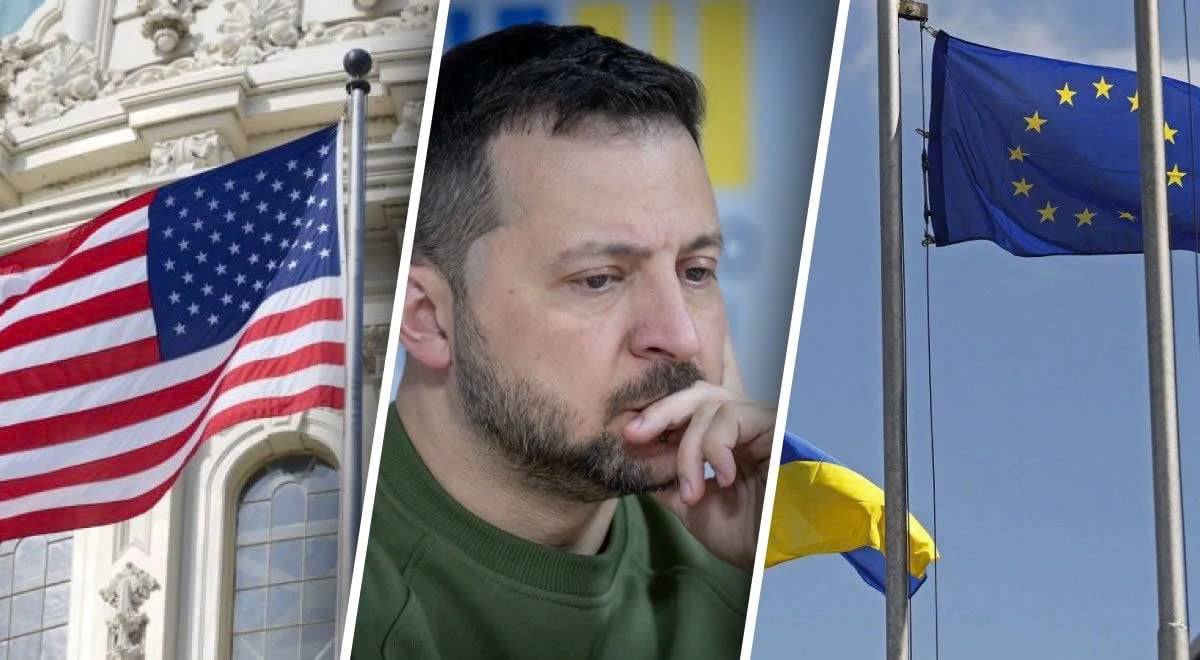
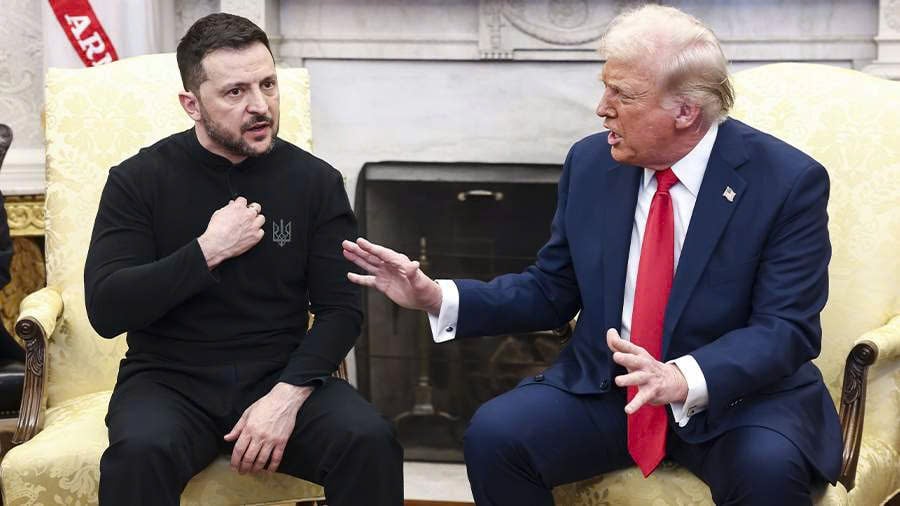
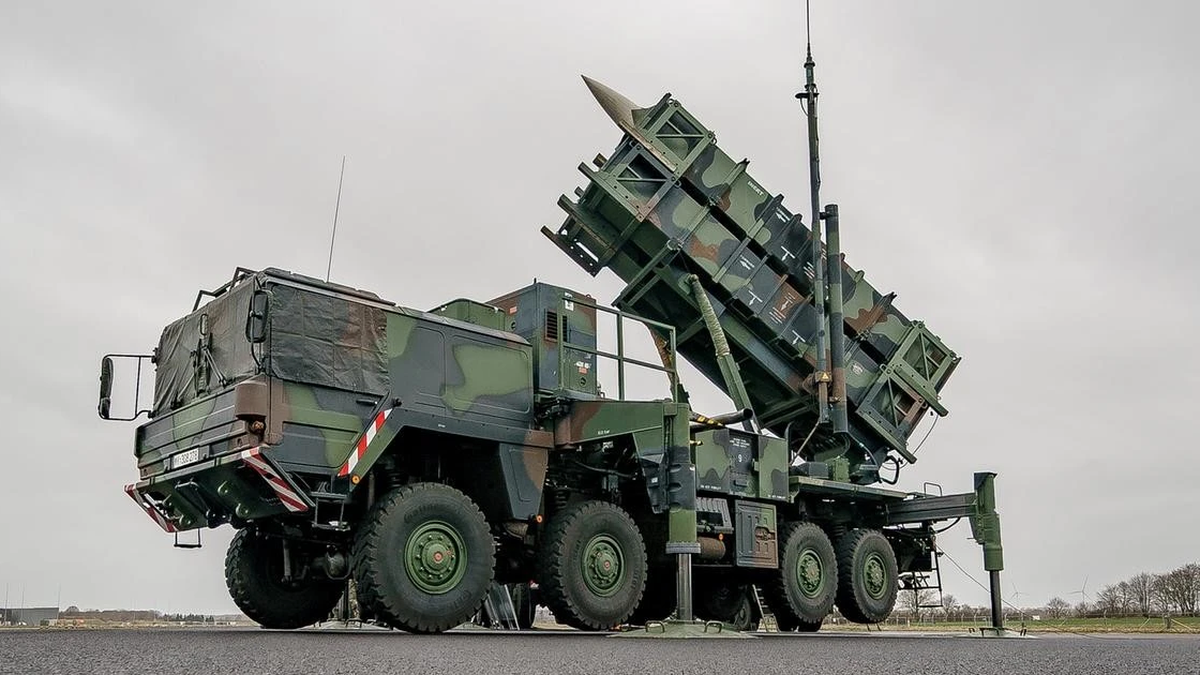


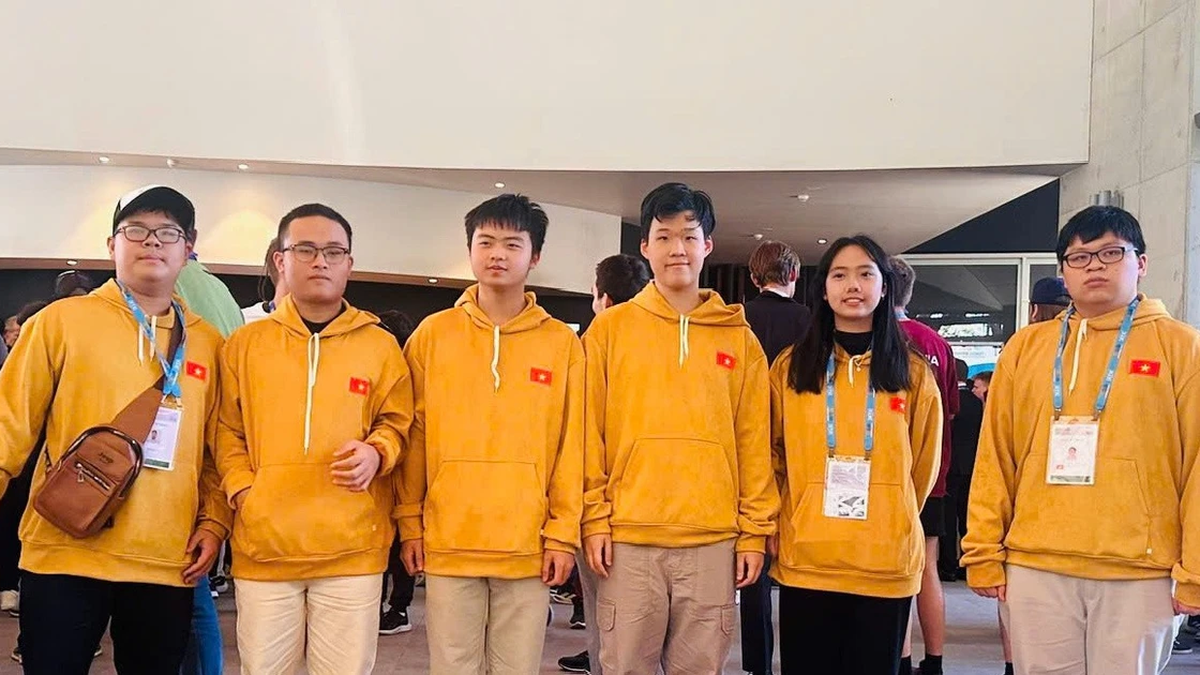
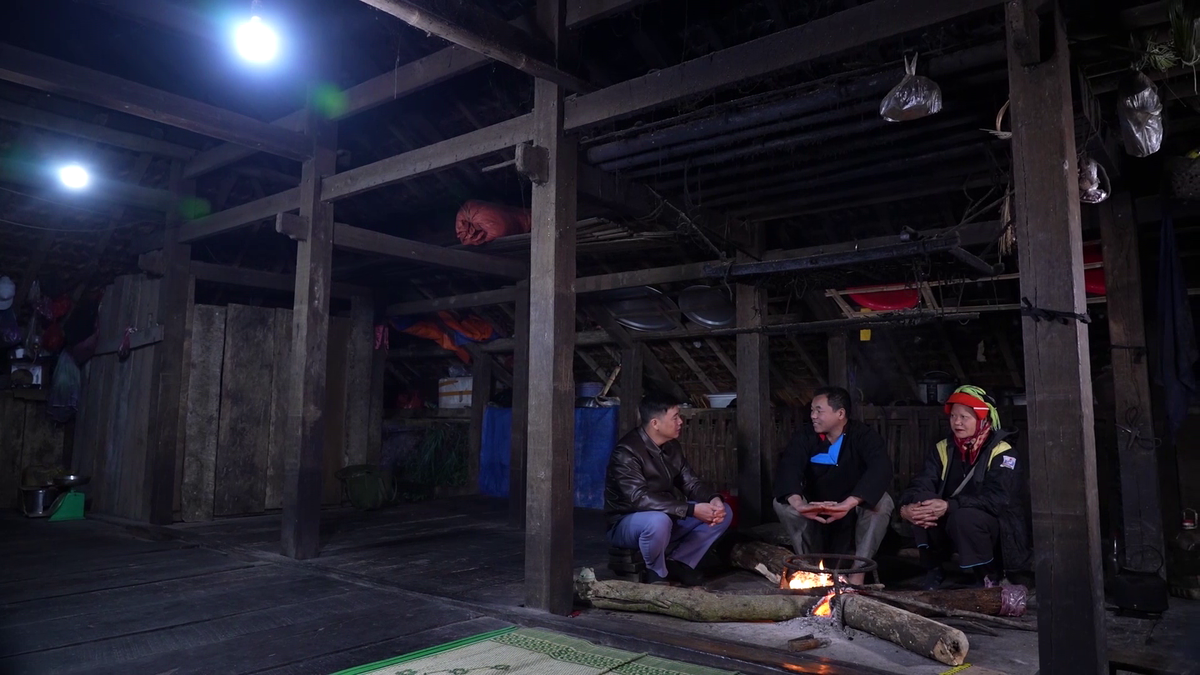
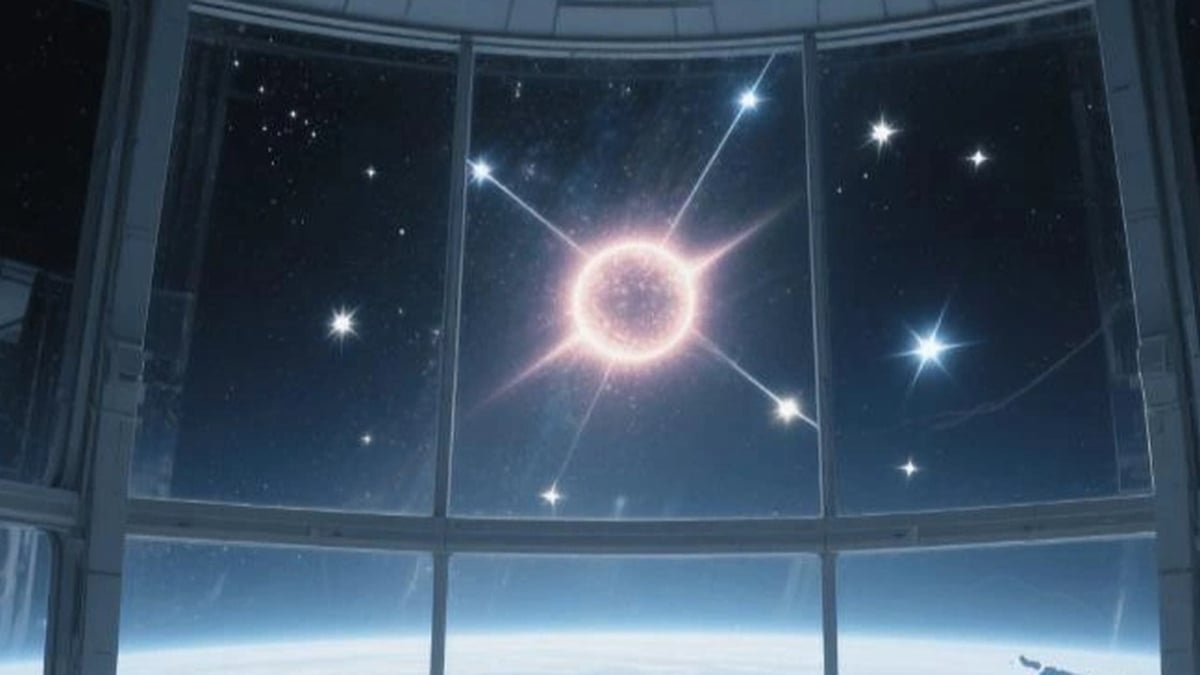



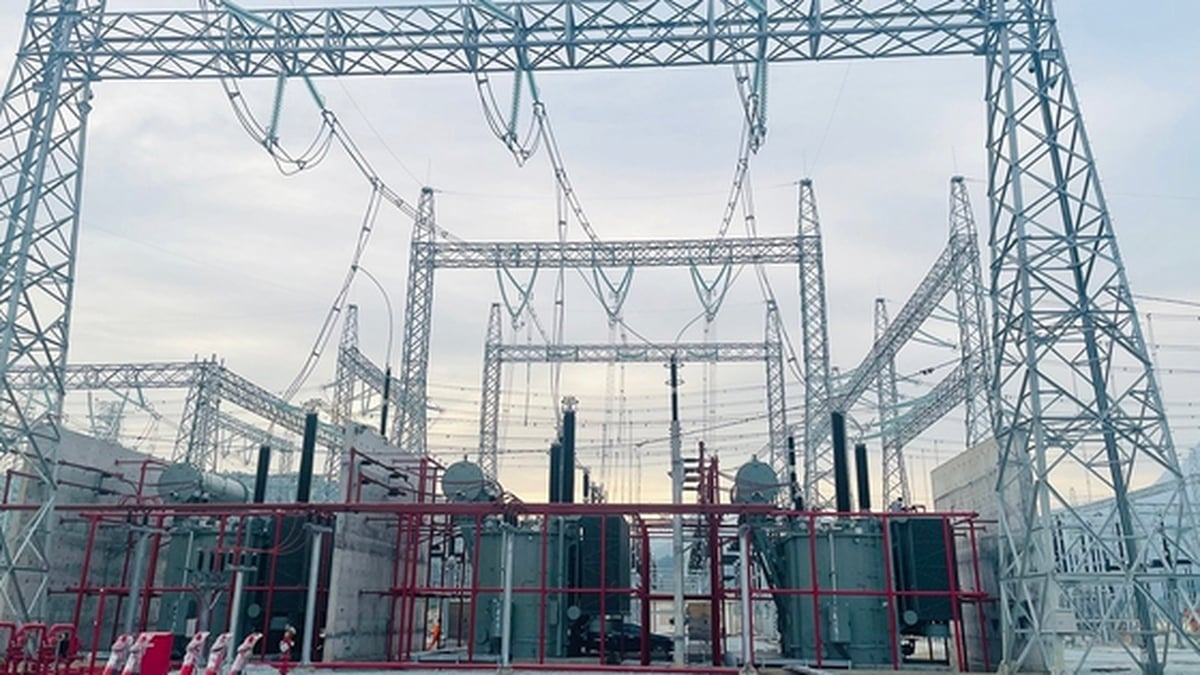











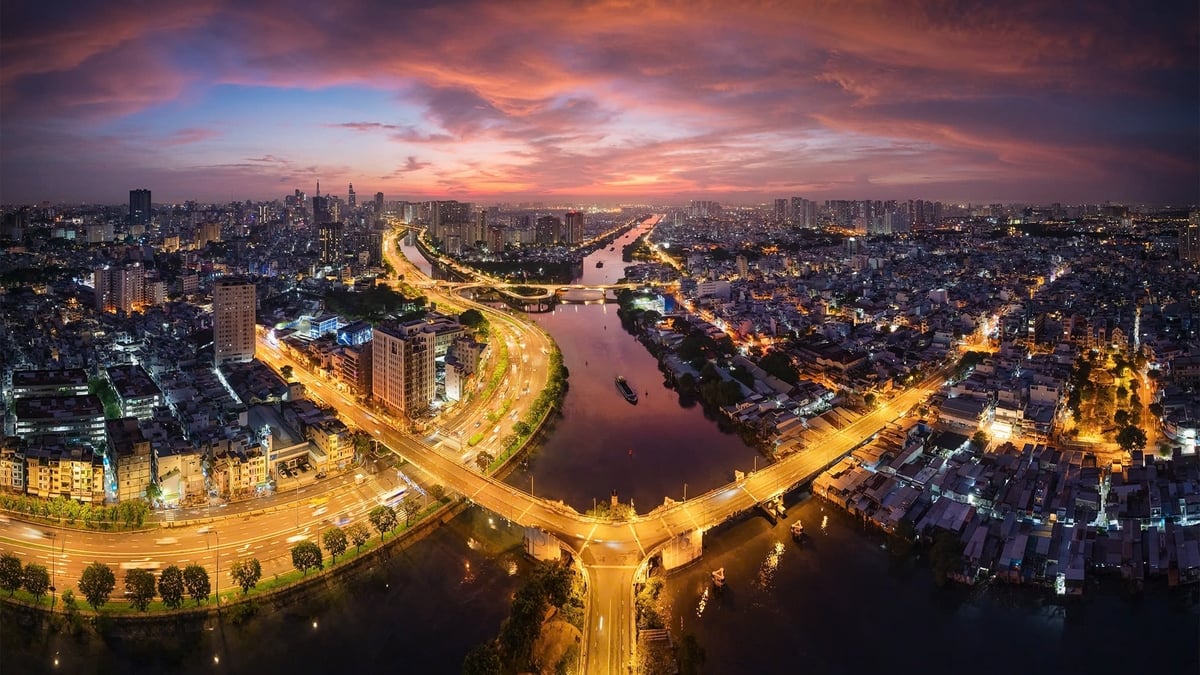






































































![[Infographic] In 2025, 47 products will achieve national OCOP](https://vphoto.vietnam.vn/thumb/402x226/vietnam/resource/IMAGE/2025/7/16/5d672398b0744db3ab920e05db8e5b7d)





Comment (0)